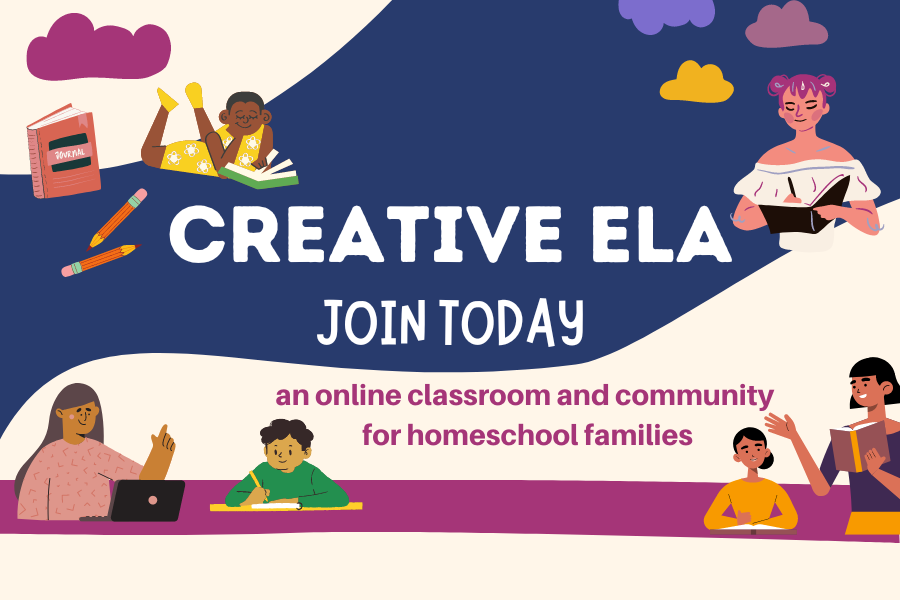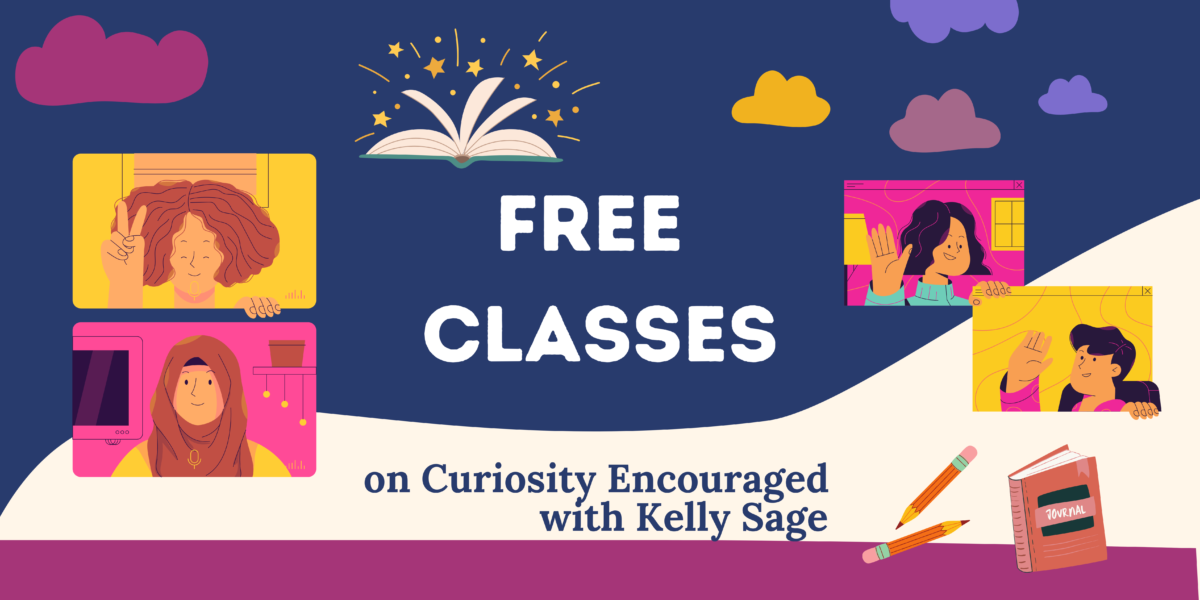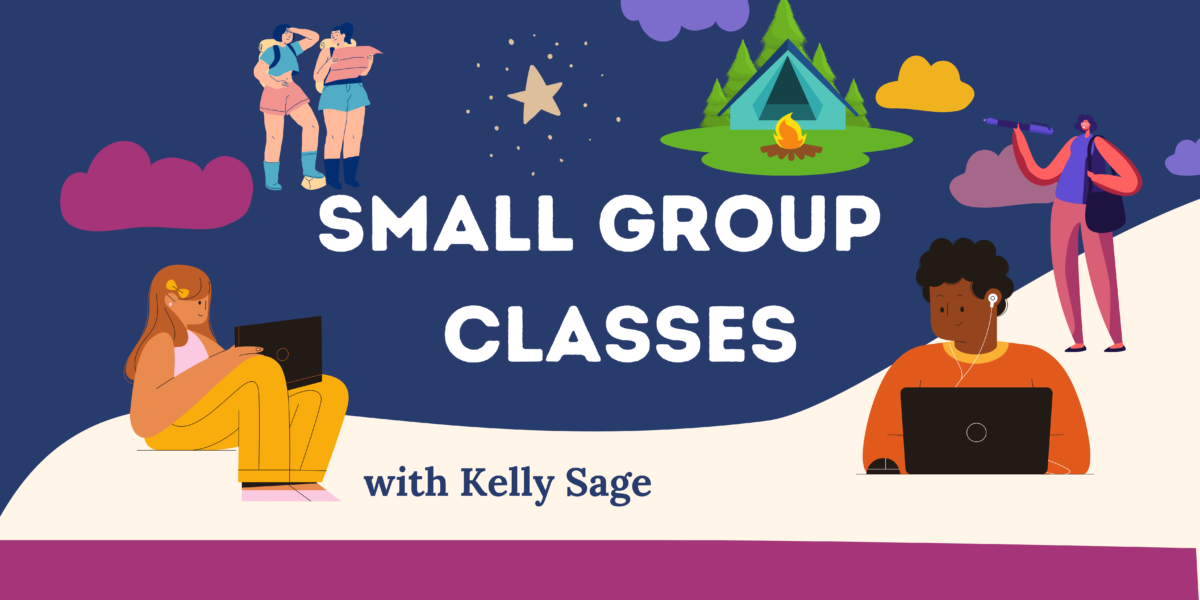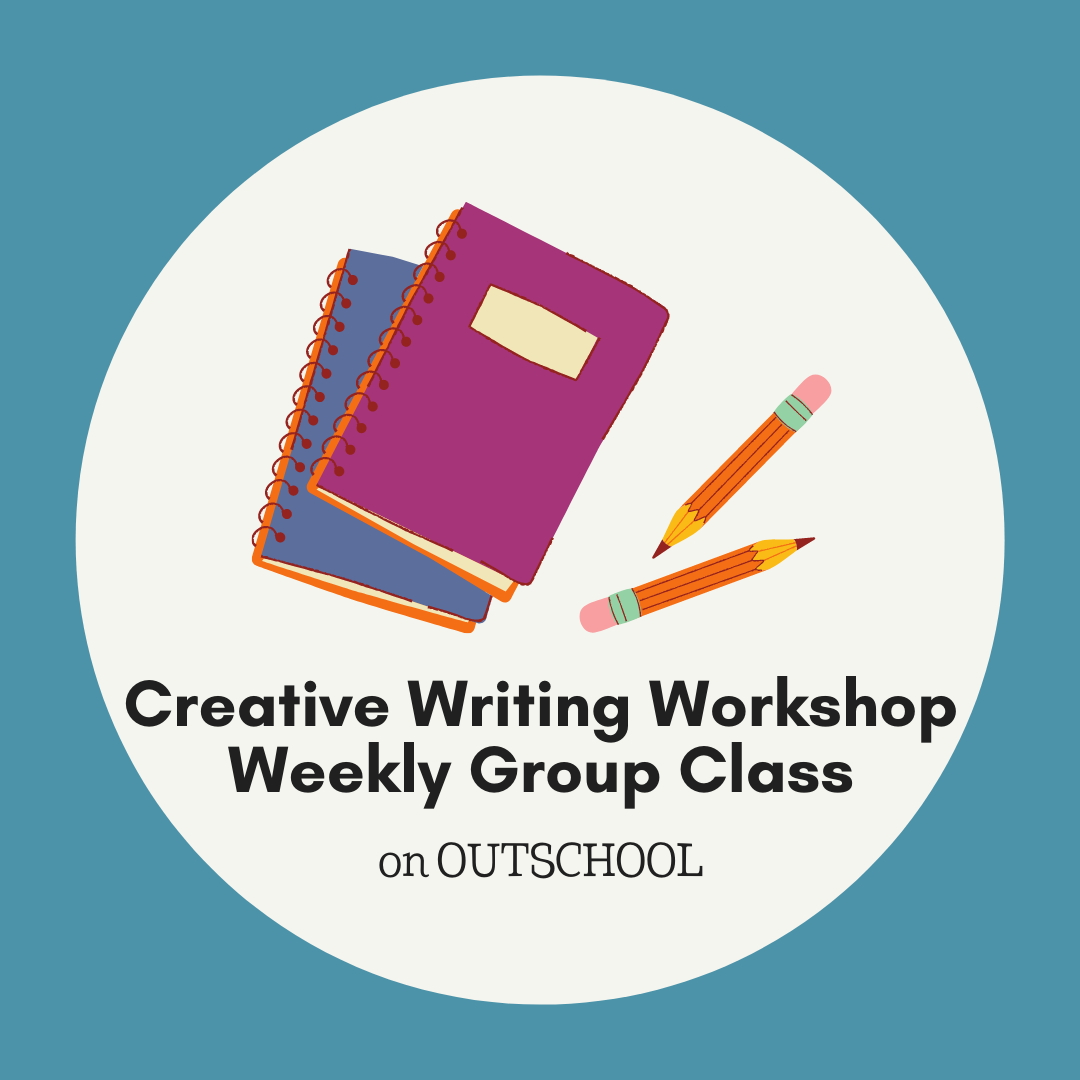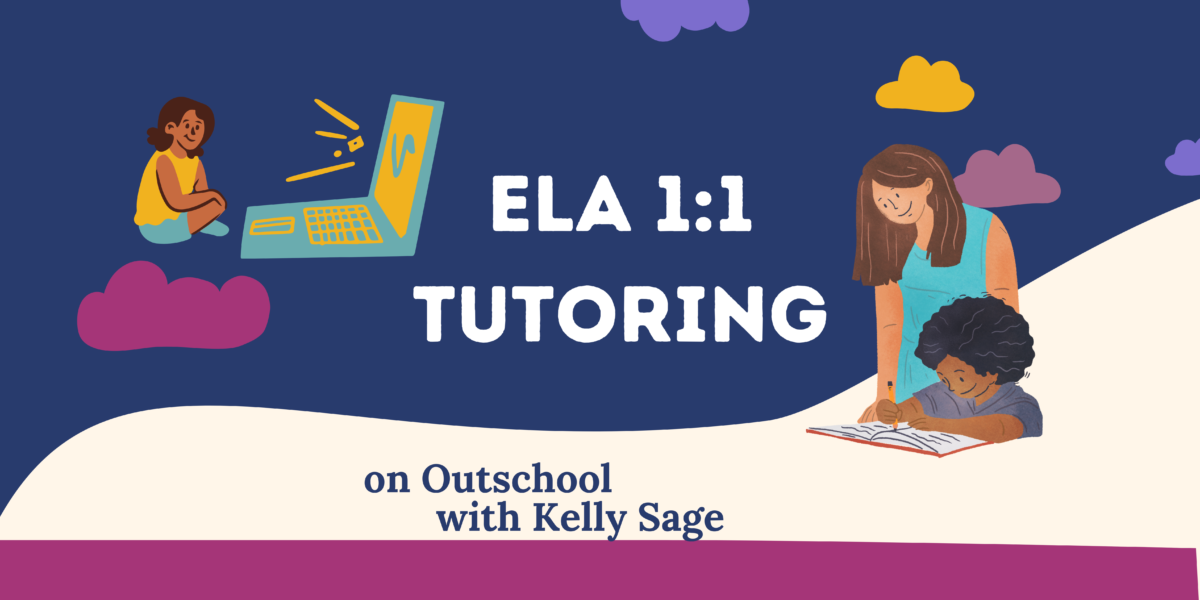Disclosure- Links in this post may be affiliate links. If you click through and make a purchase, I earn a commission at no additional cost to you. Unless noted, if I am reviewing a product, I have been compensated for my time. I write honest reviews. They are not required to be positive. I only recommend the resources we love and use.

At some point in time, all of us will come across a challenging text and may struggle to comprehend what we are reading. When we’re unfamiliar with vocabulary or lack prior knowledge of a subject matter, a text can be difficult to understand. I can think of a number of occasions since college when I’ve started to read academic journals, historical texts, and novels with a lot of exposition and found myself lost. My eyes glaze over. My focus jumps elsewhere. I realize I’m looking at the words, but nothing much is sinking in. Here’s the thing, though, I know what to do if I want to understand what I’m reading. I know I need to slow down and look up the vocabulary and concepts I’m unsure of. I know I need to summarize the text, visualize, and make connections.
Struggling readers often don’t know there are ways we can help ourselves understand what we’re reading.
Many of the struggling readers I’ve worked with believed you were either a good reader or a bad reader and were convinced they would never be a good reader. They hated reading and didn’t understand why others liked it.
Good reading strategies help readers understand what they are reading. Once they understand, reading becomes more enjoyable, and reluctant readers are more willing to practice.
While the practice is key, struggling readers can look at a page over and over again and not understand what they’re reading.
Struggling readers need tools to help them understand what they are reading.
 Do you have a child who could use some help understanding what they are reading?
Do you have a child who could use some help understanding what they are reading?
I offer online classes through Outschool to help readers learn and practice good reading strategies. Hands-on and discussion-based, these virtual classes mirror how I worked with my students in the classroom. They provide concrete strategies readers can apply to ANY text they read.
Reading Comprehension Classes on Outschool
Reading Strategies: Building Reading Comprehension- Introduction
In this one-hour workshop, students will practice using three reading strategies to help them make sense of what they’ve read and to think critically about a text.
In this 4 part, second series, students continue to practice using good reading strategies to help them make sense of what they’ve read and to think critically about a text.
In all of my reading comprehension classes, students will learn a variety of reading strategies to help them better understand what they are reading. While reading a shared text out loud, the class will engage in pre-reading, during reading, and post-reading activities. The strategies not only allow a reader to engage and understand a text, but they also make reading a lot more enjoyable.
Once students know how to use these reading strategies, the strategies will be applicable to any text they are reading. Students will need to be able to follow along in a text aimed at young adults.
They will be provided with a copy of the text prior to class and will need to have it printed out. They will also need a pencil/pen. As the class works through the text, students will be asked to share their findings. Time will be provided to ensure students are able to use each strategy.
I add classes and sections on a regular basis, so be sure to follow me on Outschool or subscribe to my newsletter to be kept up to date, and feel free to contact me on Outschool to request a day/time that works for your family.
Reading isn’t always easy or enjoyable. If your child or teen is struggling to understand what they read, there are ways to help. There are strategies that will make reading less painful, help texts become accessible, and give readers the confidence and tools to begin to overcome the challenge. I’d love to help them! Join me on Outschool!
What Parents are Saying
My son loved this class and he hates reading. The teacher picked topics that were engaging and the kids were given ample opportunity to participate in class and use the new strategies without it seeming too obvious that they were actually using a strategy. Great Class.
Outschool Parent
My 11 year old loved the class. He feels like he has a much better grasp on reading comprehension and finding the theme, main idea, etc. He also thought the class was very fun because the stories were fun to read and the class motivated him to read some of the books used.
Outschool Parent
My 13-year-old son, who has ADHD and strongly dislikes (that even maybe too light!) reading, LOVED this class. He was able to actually articulate what things he should be thinking about when reading, in order to approach reading more critically. This is a significant accomplishment for him. He has even asked to take another class. Amazing. Kelly is also very organized and has her lessons well prepared ahead of time, which I appreciate.
Outschool Parent




